Best VR Browser: Download for Oculus Quest 2 & More→ Get Yours
Top priorities: enhanced video rendering capabilities & extended VR headset compatibility
8 min. read
Updated on
Read our disclosure page to find out how can you help Windows Report sustain the editorial team Read more
Key notes
- Virtual Reality is getting more popular, so it’s no wonder you're looking for the best VR browser.
- In today’s article, we will show you the best VR-compatible browser you can use with your headset.
- Spectacular immersion needn't come without robust security features, so don't miss out on our tips.
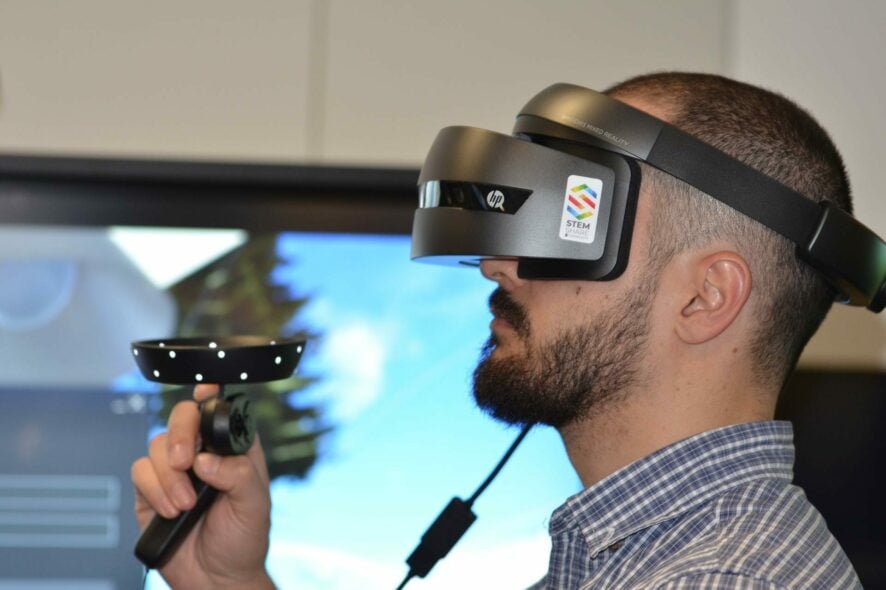
Virtual reality has gained massive popularity over the years, and many users are wondering if they can browse the web in VR. While you’re at it, also check if your PC is ready for VR.
The short answer is yes, and in today’s article, we’re going to show you the best VR browser. So, without further delay, let’s get started.
Here are our top contenders for the best VR browser:
- Opera One – Lightning-fast & great built-in features
- Mozilla Firefox – One of the largest addon stores on the market
- Microsoft Edge – Low impact on system resources
- Servo – Great alternative to Firefox VR
- Google Chrome – Fast browsing speeds & a wide range of extensions
- Chromium – Best open-source browser (essential features only)
Can you watch VR videos in the browser?
Even though VR headsets have been on the market for a while now, most browsers still do not have the capability to play VR videos inside their software, but that’s not always the case.
The elements that stand out from the crowd on this topic would be Opera Developer 49, and Firefox VR.
Below we will break down each of these options, so make sure to read through the entire section.
| Browser | VR capabilities | Top Features |
| ? Opera One | ✔️ Full support 360-degree VR headsets ✔️ Direct VR playback | Social network buttons on the sidebar |
| Firefox | ✔️ VR headset on Viveport, Oculus, Pico & HoloLens platforms ❌ Firefox VR has been abandoned | Great tracking protection during browsing sessions |
| Edge | ✔️ Supports the WebVR standard ❌ Available only for Windows Mixed Reality | Microsoft Defender SmartScreen support |
| Servo | ✔️ Support for Windows with HTC VIVE | Optimized for developers |
| Chrome | ✔️ Support for Oculus Rift, HTC VIVE & Windows Mixed Reality. ❌ You must first enable experimental WebXR features | Media control built into the browser |
| Chromium | ✔️ Support for Oculus Rift and HTC VIVE | ❌ Only provides very basic features |
➡ Does Opera One support webVR?
Yes, Opera One does support webVR with their Opera Developer 49 version, being the first version to fully support 360-degree VR headsets.
This amazing feature will allow you to experience the best options of this browser in a lightweight and good-looking UI while using your VR headset seamlessly.
This build comes with Chromium 62, and a built-in VR 360 player for headsets like HTC Vive, Oculus Rift, and other devices.
As you can see from the video presented above, using the new Opera One VR feature will take your experience to the next level, so be sure to check it out.
➡ What happened to Firefox VR?
Firefox Reality was launched in 2018 and has provided users with the capability to access links and watch videos from their VR headset on Viveport, Oculus, Pico, and also HoloLens platforms through a variety of apps.
Unfortunately, Mozilla has announced that it is closing down its Firefox Reality browser. Instead, users are prompted to try out another useful VR Browser from Igalia called Wolvic.
This new VR browser is based on the source code of Firefox Reality and basically takes over from where the Firefox VR browser has left.
The Wolvic browser will be able to run on Oculus, HTC Vive Focus, Pico Interactive, Huawei VR Glasses, and any open-source device based on Lynx.
What is the best browser for VR?
Opera One – Lightning-fast and modular design
Opera One is one of the first browsers to support the support 360-degree videos in virtual reality headsets including HTC Vive and Oculus Rift. Moreover, it has direct VR playback built into the browser.
So, you will be able to watch virtual reality videos instantly through your VR headset.
Opera One automatically detects your headset and if you open a VR-compatible video in the browser, you will see a Watch in VR button that you can click in order to start the video in your headset.
However, it doesn’t have to be 360 degrees or a stereoscopic video to play it in your VR headset, you can play any video, even 2D ones. We dare say it’s the very best VR browser out there.
Other great features:
- Available with all the major VR headsets including HTC Vive and Oculus Rift
- Built-in VPN service with no bandwidth limit
- Social network buttons on the sidebar
- Great tab management improvements
- Light and fast

Opera One
It’s the most suitable browser for VR and comes with practical features like VPN and AI app integration.Mozilla Firefox – One of the largest addon stores on the market
Firefox is a well-known web browser with a long history. This best VR browser supports virtual reality thanks to the WebVR standard. It allows you to experience VR on your computer using Oculus Rift and HTC VIVE.
It’s important to mention that VR is also available on Mac computers with HTC VIVE, so you’re not just limited to Windows.
As for other features, you should know that Firefox prioritizes users’ privacy, and it comes with enhanced tracking protection.
Firefox is a non-profit browser, and if you’re looking for a browser that protects your privacy, and works with VR at the same time, then Firefox is just what you need.
Other great features:
- Available on Oculus Rift, HTC VIVE, and Hololens
- Made by a non-profit company
- Tracking protection
- Customizable user interface
- Lighter than other web browsers
Microsoft Edge – Low impact on system resources
If you want to experience virtual reality in your browser, you don’t need to download a special browser since you can experience it with Microsoft Edge.
The browser had WebVR standard support for a while, but the latest version of Microsoft Edge brings even better VR support.
The new version of the browser is based on Chromium, so it’s quite similar to Google Chrome, and it supports Chrome extensions.
Microsoft Edge is a great candidate for the title of best VR browser, but it’s currently available only for Windows Mixed Reality, so keep that in mind.
Other great features:
- Support for WebVR standard
- Compatible with Windows Mixed Reality
- Improved privacy protection
- Based on Chromium
- Microsoft Defender SmartScreen support
Servo – Great alternative to Firefox VR
Servo is a web browser based on Mozilla Firefox, so it’s pretty similar to it. The browser is written in Rust, and it’s designed for developers so it closely follows the latest web standards.
The purpose of Servo is the provide an independent and modular web engine for developers. As for the VR, Servo offers support for it on Windows with HTC VIVE.
Servo is a unique VR web browser, but it’s not as user-friendly as one might think. However, if you are a developer who’s into VR, then you might want to try Servo.
Other great features:
- Based on Firefox
- Written in Rust
- Optimized for developers
- Supports VR on HTC VIVE
Google Chrome – Fast browsing speeds and a wide range of extensions
Another browser that offers VR support to its users is Google Chrome. Keep in mind that the VR feature isn’t available out of the box, so you’ll have to enable WebXR services from the hidden settings page.
After doing that, you should be able to use Google Chrome with Oculus Rift, HTC VIVE, and Windows Mixed Reality.
As for additional features, you should know that Chrome offers tracking protection as well as a built-in ad blocker. Of course, there’s support for various extensions, so you can easily enhance your browser.
Overall, Google Chrome offers great features, but if you want to use it for VR, you’ll need to enable experimental WebXR features, so it might not be the best VR browser out there.
Other great features:
- Available on all desktop and mobile platforms
- Experimental VR support for Oculus Rift, HTC VIVE, and Windows Mixed Reality
- Media control right from the browser
- Google Pay and Chromecast support
- Thousands of available extensions
Chromium – Best open-source browser with only essential features

Chromium is an open-source browser project, and while it has certain similarities with Chrome, the two are pretty different. Simply put, Chromium is Chrome with only the essential features.
Chromium offers support for Web VR standards so you can use it with Oculus Rift and HTC VIVE. However, the browser provides only the basic features, and you might find many features from Chrome missing.
Security and privacy are an essential part of Chromium, so it doesn’t rely on Google’s services, and if you have any privacy concerns, then Chromium is a perfect choice.
Chromium offers VR support, but the browser is designed for developers and more experienced users, so it might be more challenging to install than Chrome.
Other great features:
- Support for VR with Oculus Rift and HTC VIVE
- Focused on user privacy and security
- Offers only essential features
- Optimized for enthusiasts and developers
VR browser support is still somewhat limited. But if you want to experience VR in your browser, we suggest using any entry from this article.



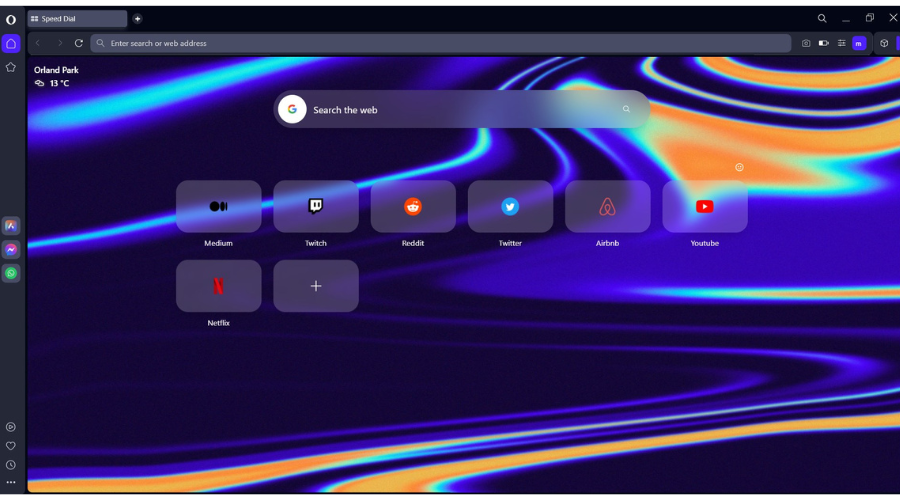

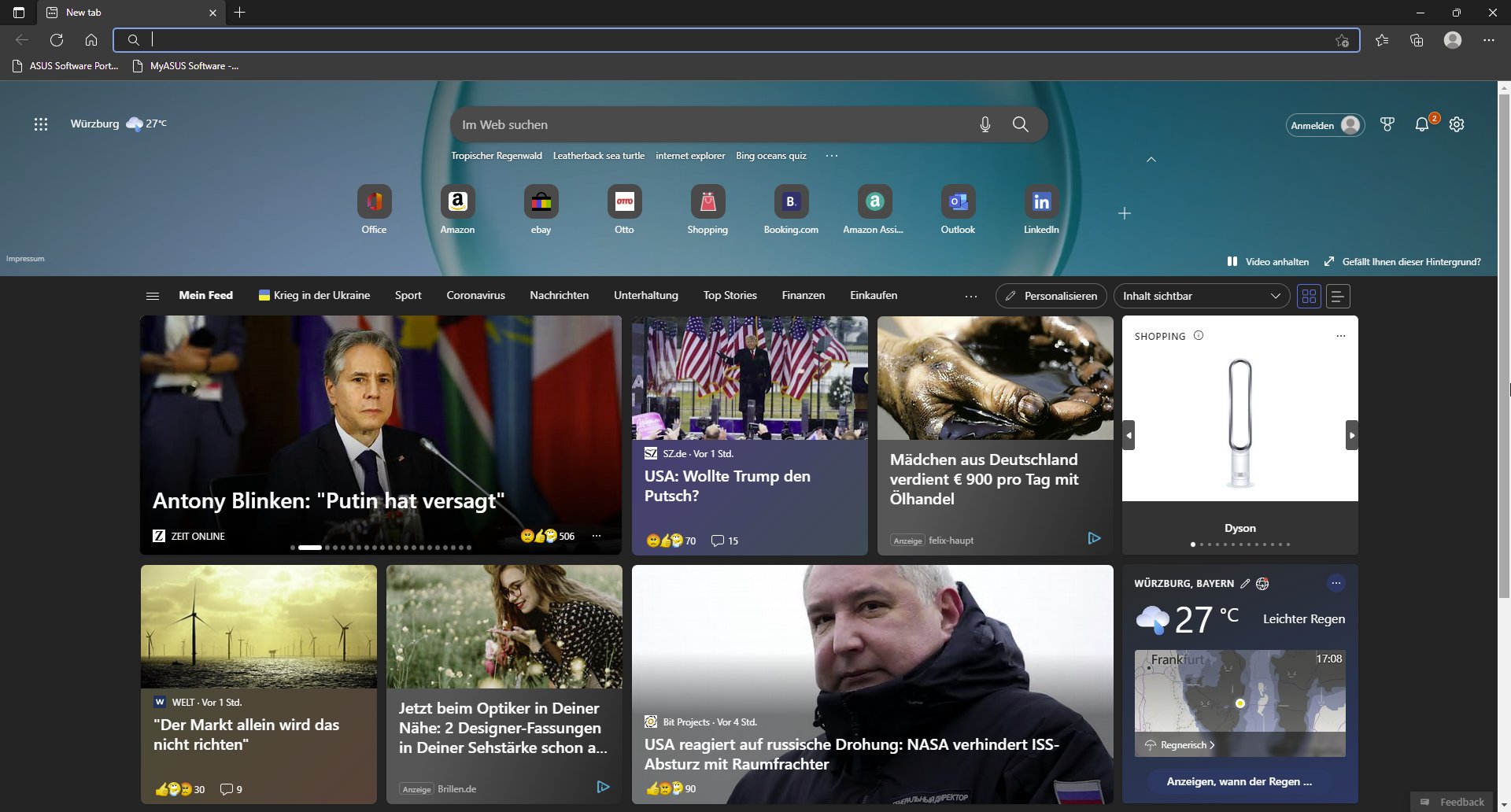
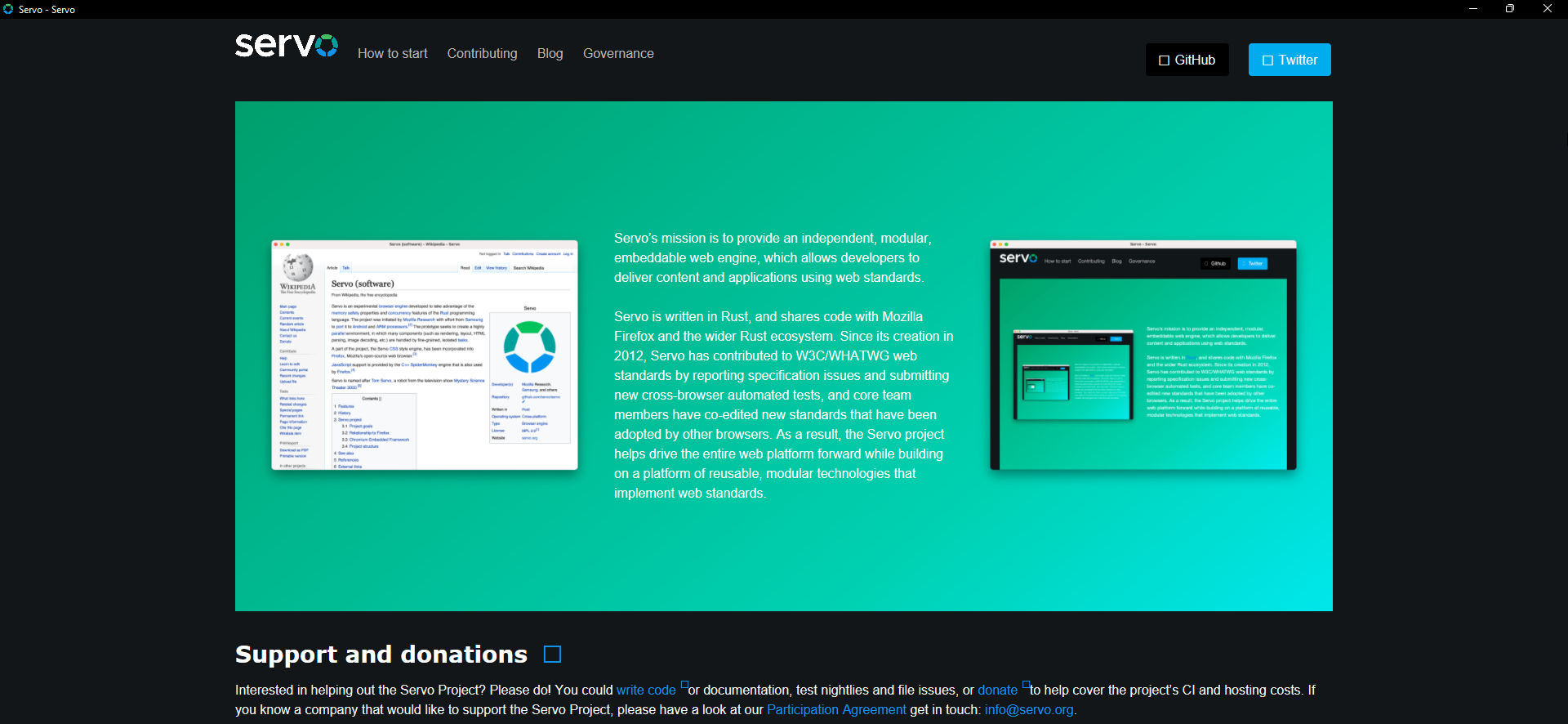
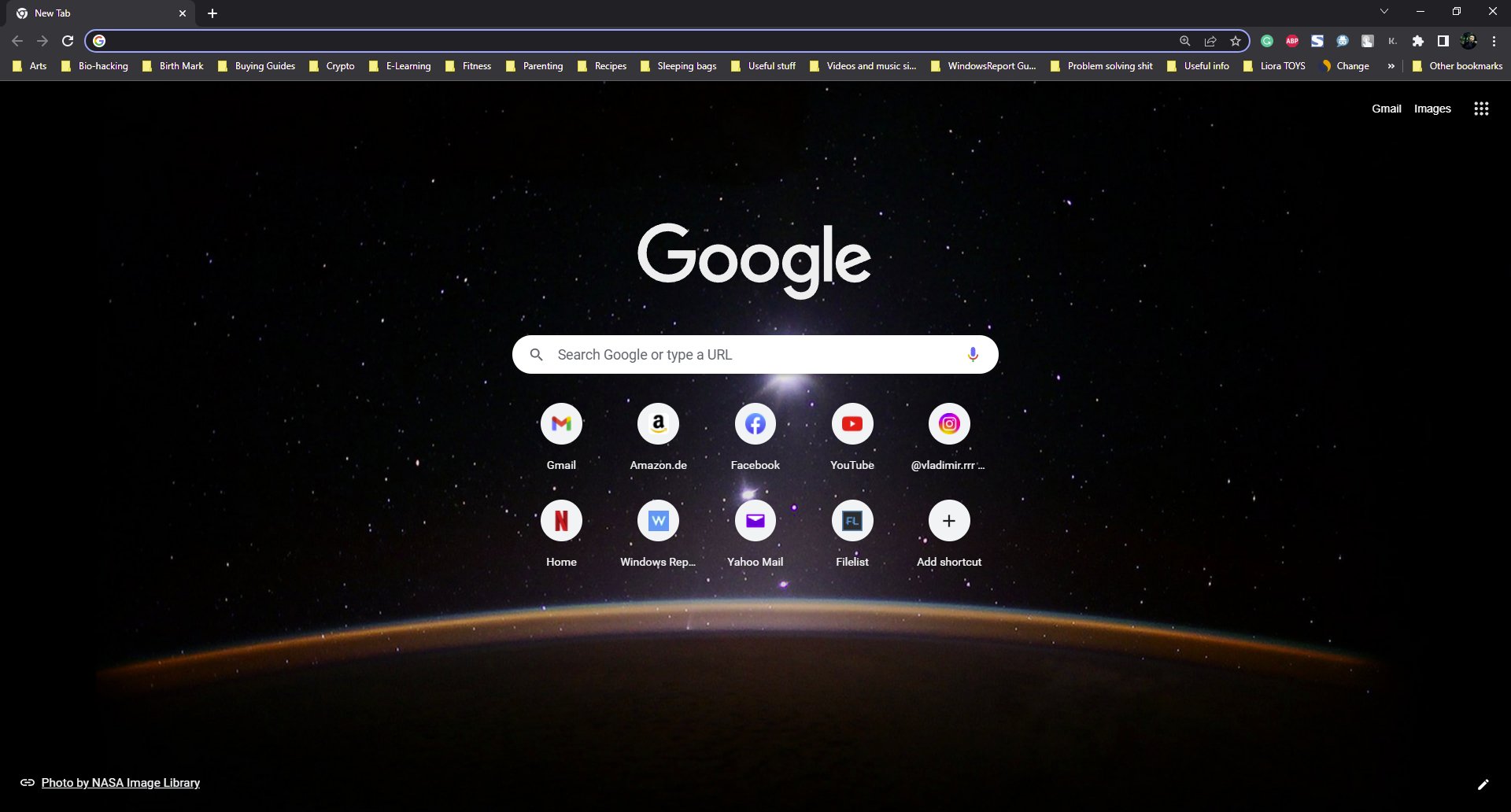
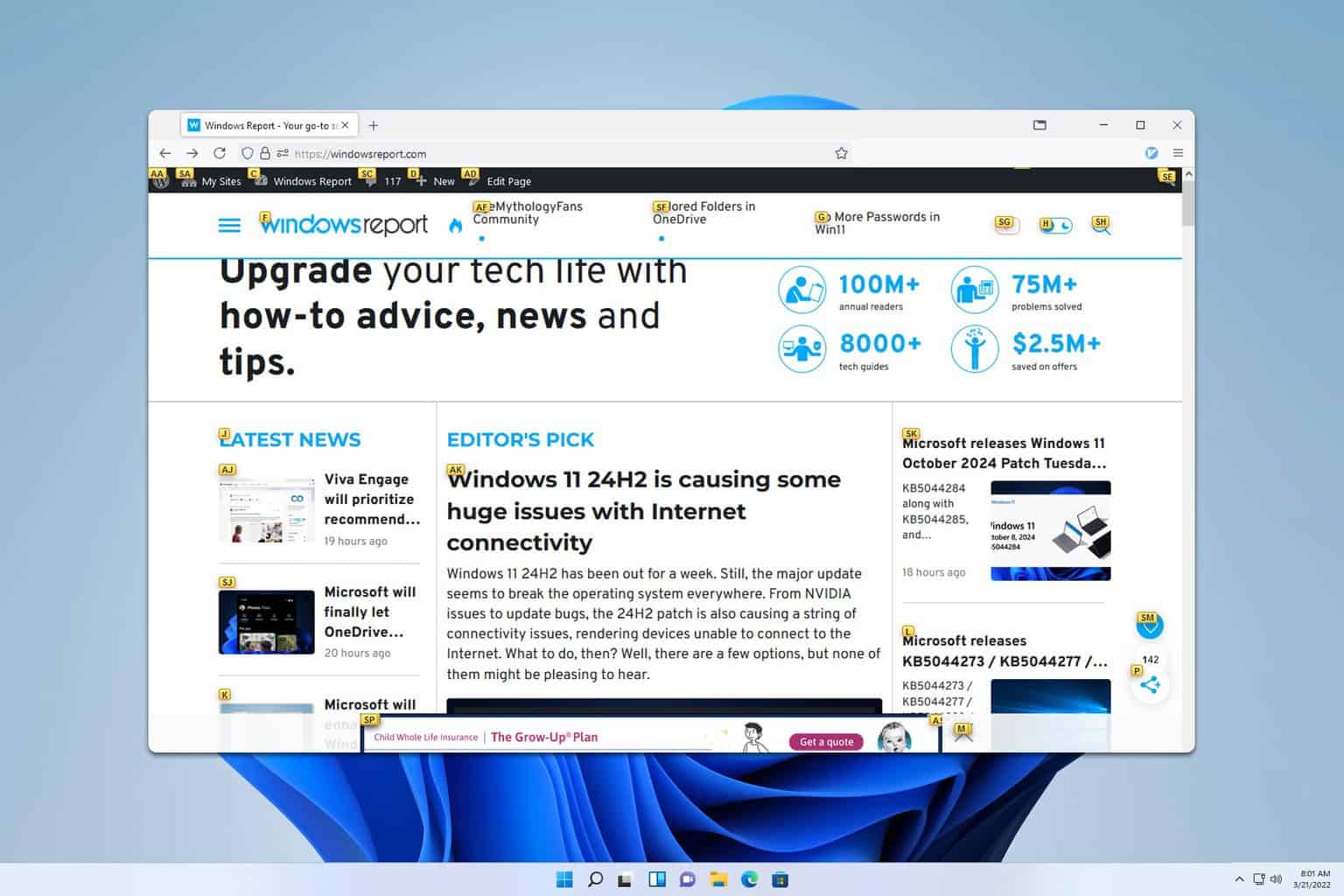

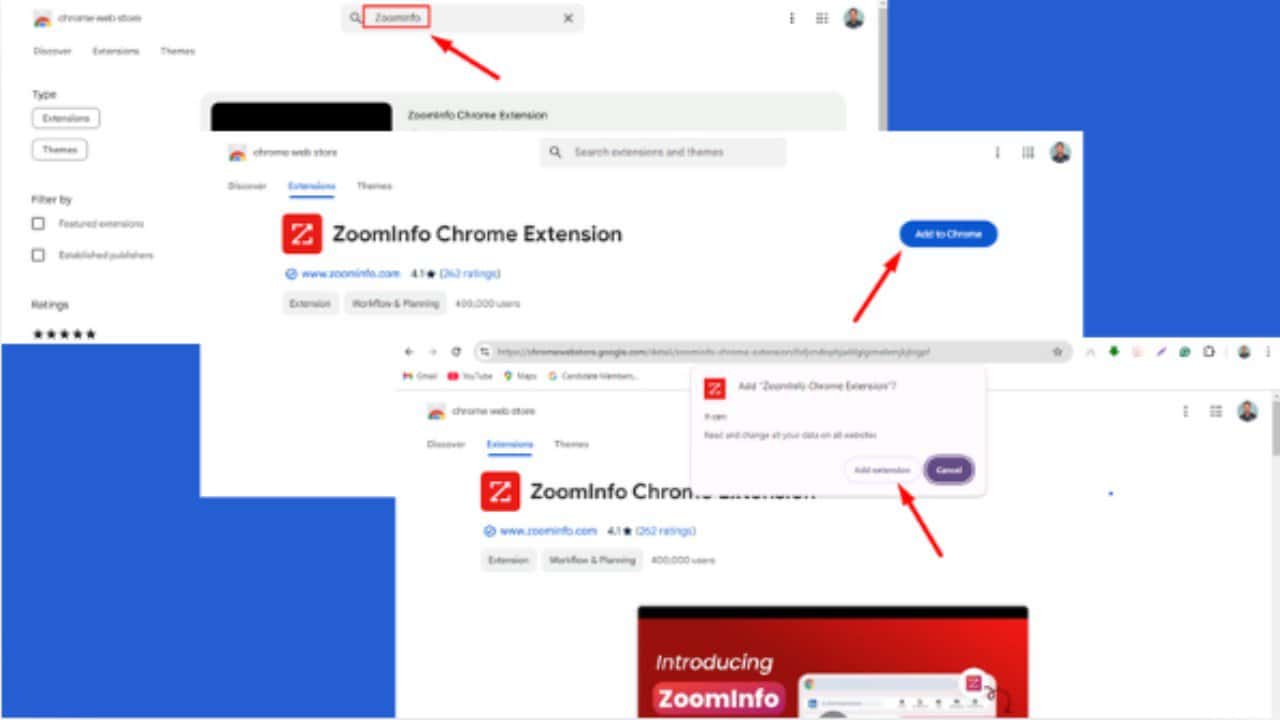

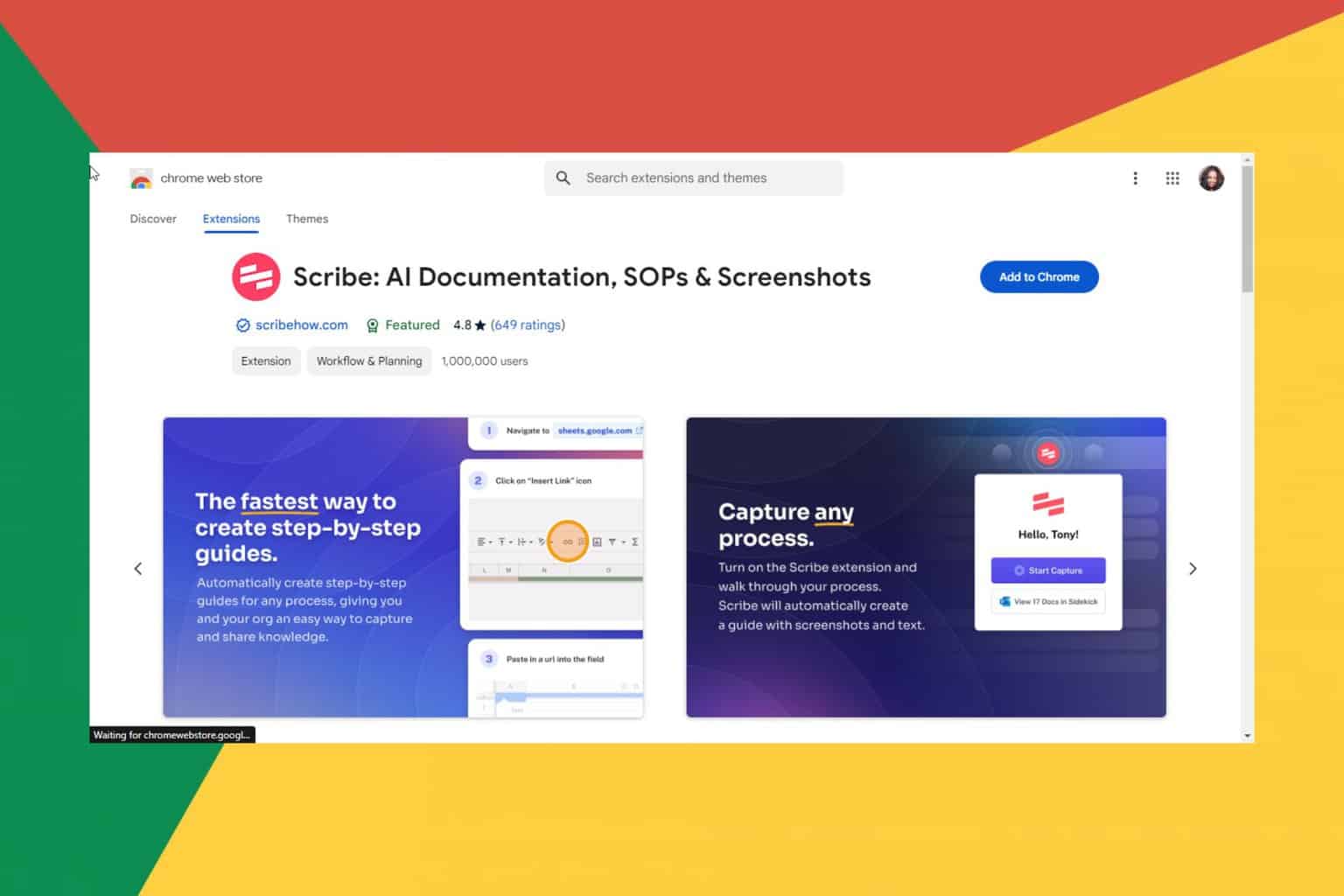

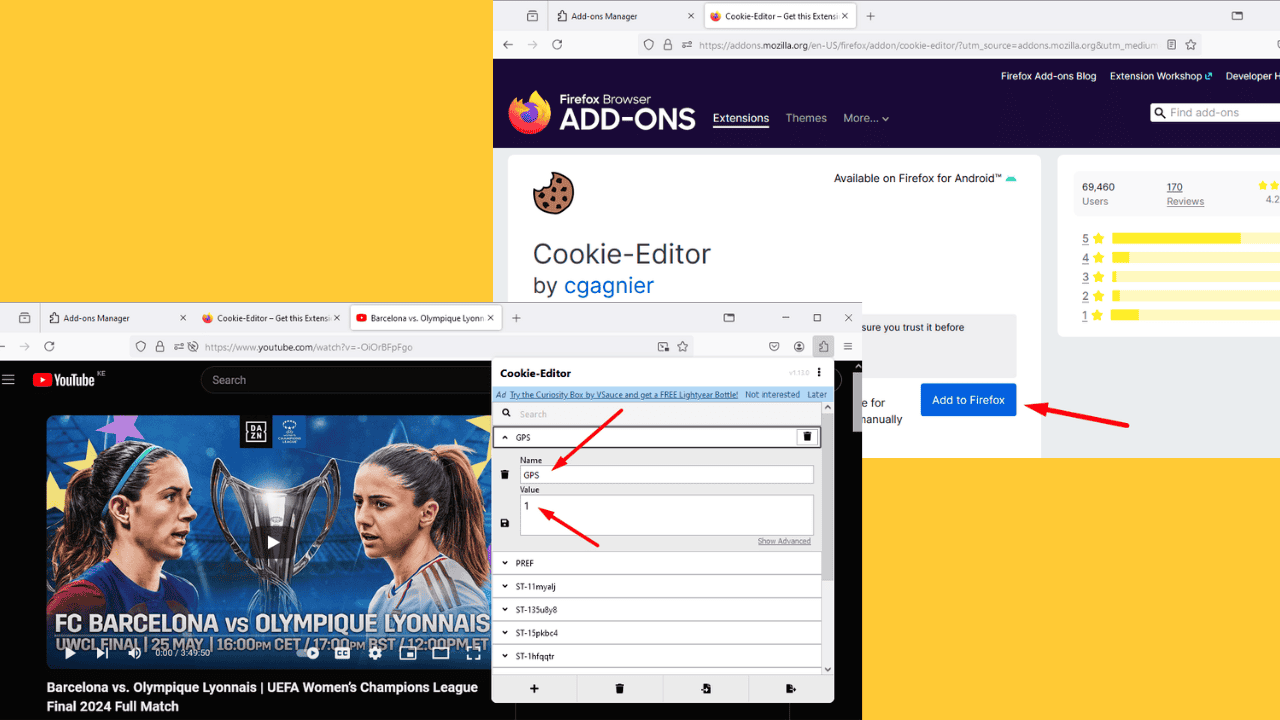
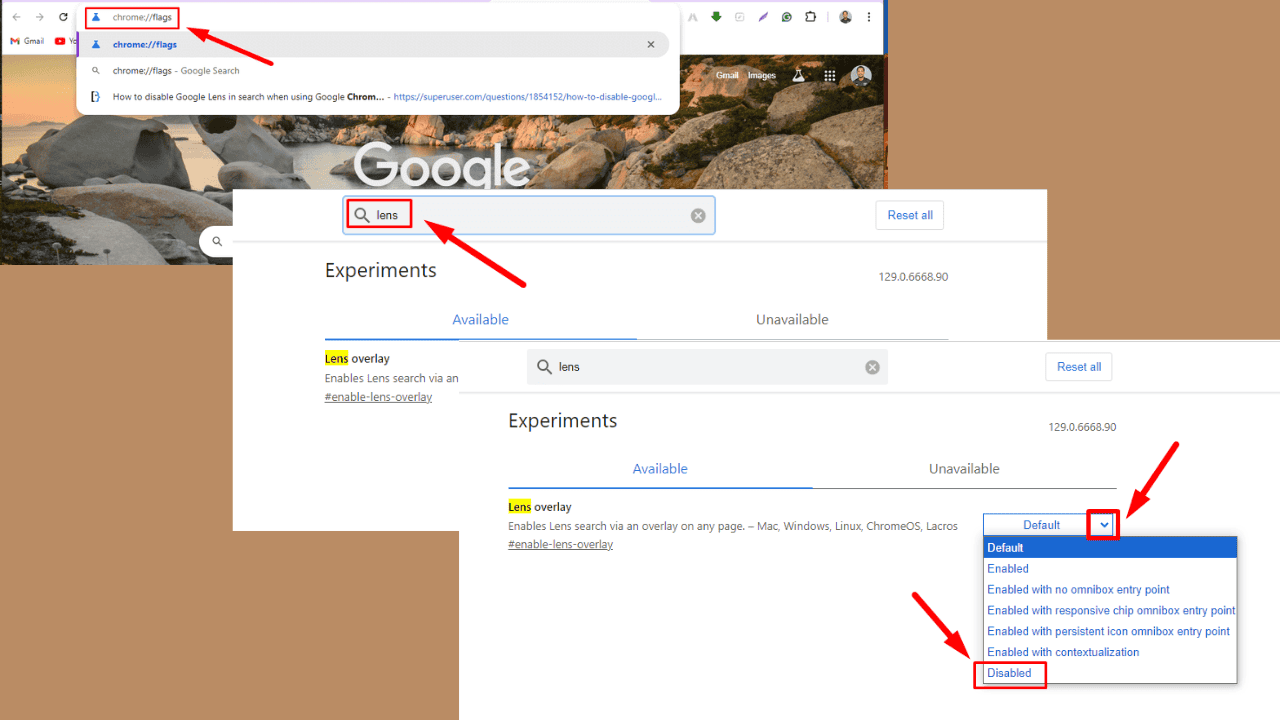
User forum
1 messages